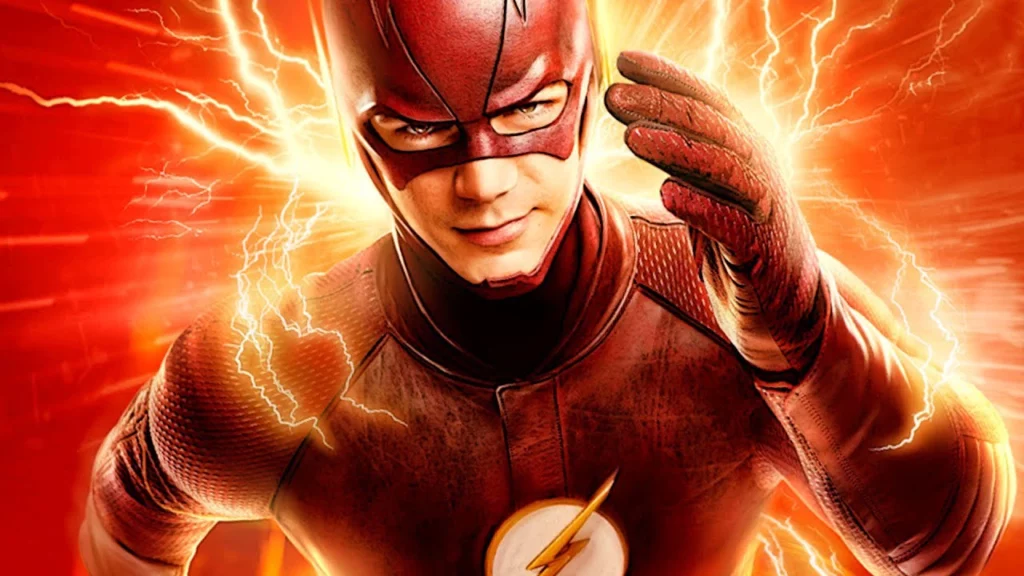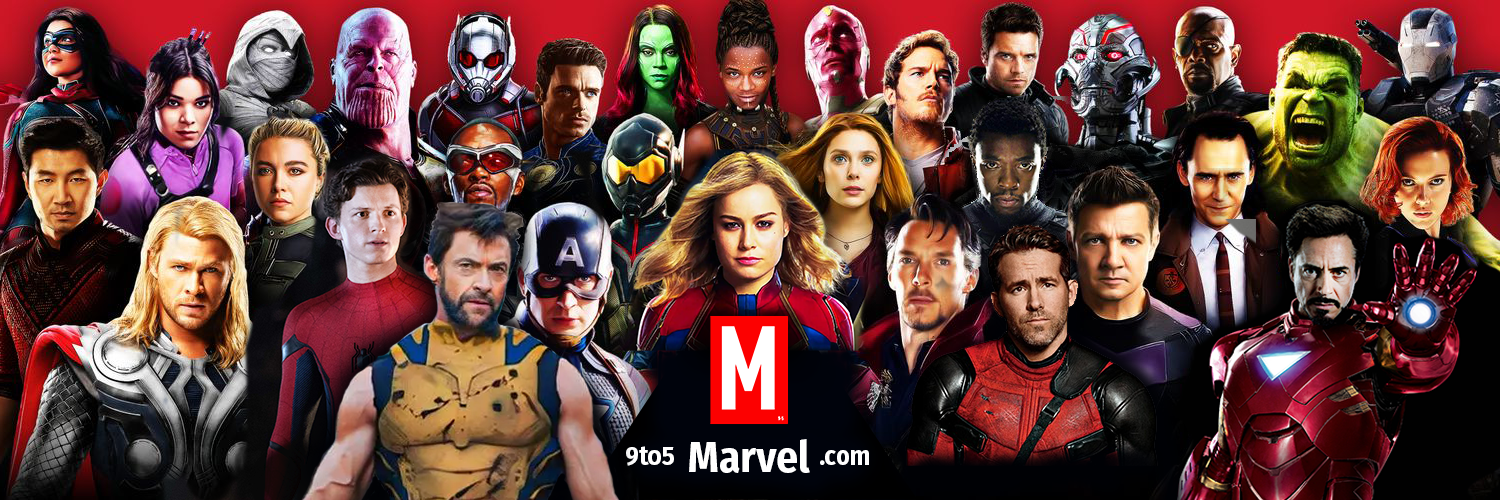Despite a few small setbacks from the Marvel Cinematic Universe, which adopted the idea in a huge manner starting with Loki Season 1, Episode 6, “For All Time. Always,” the Multiverse is still popular in comic book movies. The Flash fully embraces the idea and enjoys it immensely, especially Michael Keaton’s critically hailed comeback as Bruce Wayne. Unfortunately, it does it by relying on objectionable clichés, and its ideas are less well considered and more quickly implemented. They’re easy to overlook because The Flash is never short on entertainment, but they also face the additional difficulty of coming after Spider-Man: Across the Spider-Verse. The greater concepts in the animated film are difficult to match.
The Multiverse has long been a mainstay of comic books, with Marvel’s What If…? and DC Elseworlds lines introducing distinctive iterations of their most well-known characters. The MCU is doing fantastic work with it, with characters like Doctor Strange in the Multiverse of Madness exploring the narrative potential of multiple universes and the almost limitless number of spare Kangs serving as Phase Five’s main enemy. Both the success of Spider-Man: No Way Home and the current Spider-Verse animated films have shown that Spider-Man has a special touch with the idea. The Flash doesn’t have these goals, and with the need to finish up the DC Extended Universe and deal with Ezra Miller’s on-going problems, it just lacks the vitality to match the Spider-Verse’s innovative notion.

One of the last DCEU films before the forthcoming DCU reboot replaces it all is The Flash. Due to the fact that filmmaker Andy Muschietti is essentially working with free money, it has a number of unexpected advantages and makes for an exciting journey. It does, however, erroneously use its comic-book logic throughout the procedure. Conceptually, time travel serves the plot well, bringing Keaton in for a bow, for example, and changing events that took place before Barry arrived to change the future. Keaton makes it all make sense with an appropriately detailed explanation involving a dish of spaghetti, but the mechanics are simply there to support the plot. Simply said, a more natural explanation that would have supported several endeavours like the MCU wasn’t feasible.
On a more troubling level, the movie’s Multiversal storyline depends on “fridging” a number of people. That begins with Nora Allen herself, whose passing causes her son to grow up to become The Flash and ushers in a better reality. It also applies to Bruce Wayne, played by Michael Keaton, and Kara Zor-El, who were both shockingly slain during the movie’s pivotal confrontation with General Zod. They must die because the Multiverse logic of the movie requires it; otherwise, Barry wouldn’t have to have his mother die in order to reverse everything. For the purpose of the mechanical requirements of the time travel narrative, all of it throws a shadow on the film’s jovial and usually lighthearted tone. The two Barrys constantly fail to save Kara from being stabbed, which goes so far as to replay their deaths. The impact is far more repulsive than the movie probably intended.

Spider-Man: Into the Spider-Verse from 2018 became the harbinger of the Multiverse despite having just a tenuous connection to the MCU and first introducing Miles Morales to the general public. In the process, it skillfully summed up how the Multiverse functioned, replete with a modified Peter Parker to act as Miles’ tutor. It establishes clear guidelines for its numerous realities to follow, such as the idea of “Canon Events” that cannot be altered without endangering a particular reality, and then hangs the storyline around those guidelines rather than changing the rules to suit the plot. This provides it a much greater foundation than The Flash, which pays off in a more insightful examination of death’s inevitable conclusion.
As Miles rejects the Spider Society to try to save his father from destruction, it directly challenges the “fridging” cliche that The Flash celebrates. In the process, he also puts the Multiverse at risk, yet he never wavers in his conviction that a solution can be found. The endgame is still unknown because Across the Spider-Verse ends on a cliffhanger that will be addressed in Spider-Man: Beyond the Spider-Verse in 2024, but it strikes a far more upbeat note and gives its hero more dramatic material to work with. All of it appears far crisper than The Flash, which manages to get by with what it has but struggles to get out of its own way frequently enough to take off. Its Multiverse is clumsy but practical, and how much it relies on its hand-waving logic is shown by its use of repulsive cliches. Although none of them proves deadly, Across the Spider-Verse highlights its flaws. It makes all the difference because the animated film views the Multiverse as a setting to explore rather than a challenge to overcome.




